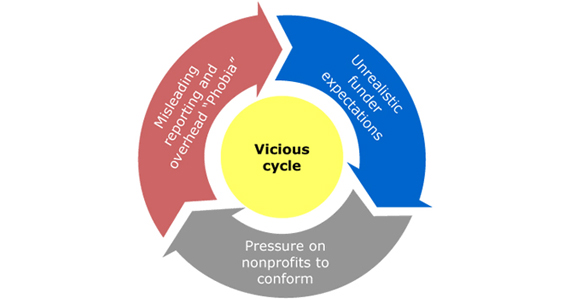
How to achieve non-profit board diversity
The importance of a diverse board that represents the values of a non-profit’s stakeholders cannot be understated. Each individual board member should bring their own take on proceedings to the table, not to mention their own network of contacts and professional experience. What’s more, with a mix of cultural backgrounds and ages on your board, in addition to the requisite skills, you will have a non-profit that is well placed to manage risk, plan accordingly, take advantage of future opportunities, and engage with the wider community on a much deeper level. Why is non-profit board diversity important? By reflecting the diversity of the very community you are serving, your non-profit board will be in a position to make meaningful connections with prospective donors, partners, and policy makers. It’s also important…









